Search engine optimisation (SEO) is a critical part of any website’s success. But while it’s important to get started learning SEO to build your website’s authority, it’s also important to stay up-to-date on best practices and changes in the industry.
Here are some tips for getting started learning about SEO…
Get to know the basics of SEO
When it comes to SEO, the first thing you should know is that it’s not just about getting your website ranked higher in search results. Yes, that’s part of it, but there’s a lot more going on behind the scenes.
The main goal of SEO is to increase traffic to your site by making sure that people can find what they’re looking for when they search for something related to your business or industry. This means researching keywords, using keywords in all aspects of your content (title tags, descriptions, etc.), site structure (URLs), and metadata (which includes meta descriptions).
There are lots of courses out there that can help you learn the basics of SEO such as the ‘Supercharge Your SEO Strategy’ course found in the Girls in Marketing Membership.
Read up on the latest changes to Google’s search algorithm
Google’s search algorithm is constantly being updated, so it’s important to stay up-to-date on the latest changes. The best way to do this is by reading the Google Webmaster Central Blog.
This blog covers everything from tips for improving your website’s content, design and usability through to tips on how to get better rankings in organic (non-paid) search results and what you should do if you see a drop in traffic after a recent update from Google (it may not be as bad as it seems).
Understand how your competitors are optimising their websites
Understanding how your competitors are optimising their websites is another good way to start your own SEO journey. To do this, you need to find out who they are and what they’re doing.
To find out which websites are competing with yours for traffic, use Google AdWords’ Keyword Planner tool or paid tools such as Semrush*.
These tools will tell you which keywords people are searching for that bring them to your competitors’ websites instead of yours.
Once you’ve identified these terms, look at each competitor’s website and ask yourself ‘what do they have that makes them rank higher than us’? Then consider how you could improve your content to make it more relevant.
Learn how to optimise your site for mobile
Mobile optimisation is the process of making your website more accessible to mobile users. This is important because 60.67% of website traffic comes from mobile devices and this has been steadily increasing since 2012.
Mobile-friendly sites are easier for people to use on their phones and tablets as they’re optimised for small screens and touchscreens, they load quickly, and they have content that’s easy to read.
Stay informed about SEO
Staying informed about SEO is essential for getting the most out of it. If you’re still not sure what to do, here are some pointers:
- Keep up with news about Google’s algorithm updates and changes in search engine rankings. This way, you’ll know what kind of strategies to use for your site so that it stays ahead of the curve.
- Read as much as possible about SEO best practices from reputable sources like Moz and Girls in Marketing.
Hopefully, you now feel more confident about how get started with learning SEO. It can be a confusing subject at first, but once you understand the basics and have some experience under your belt, it becomes much easier to navigate!
Any links marked with (*) in this blog are affiliate links.






